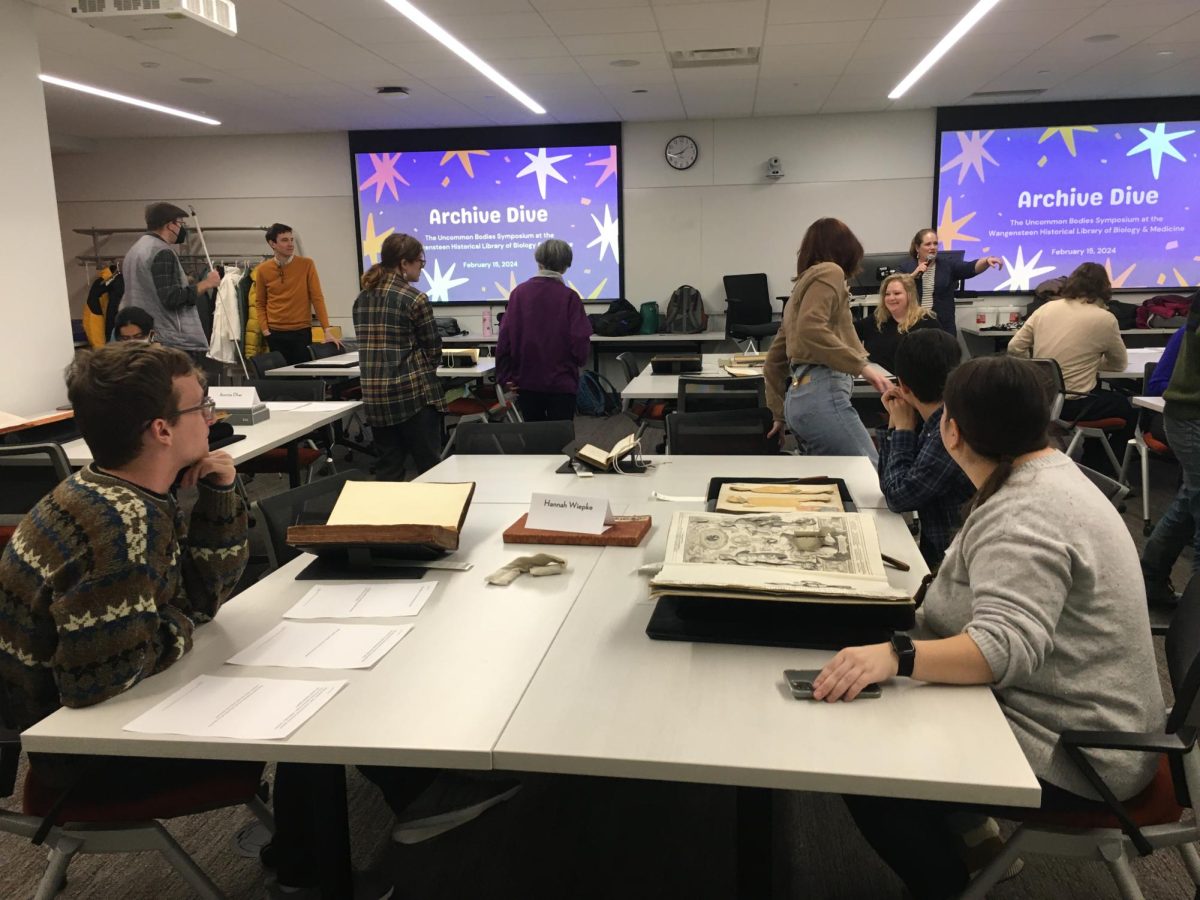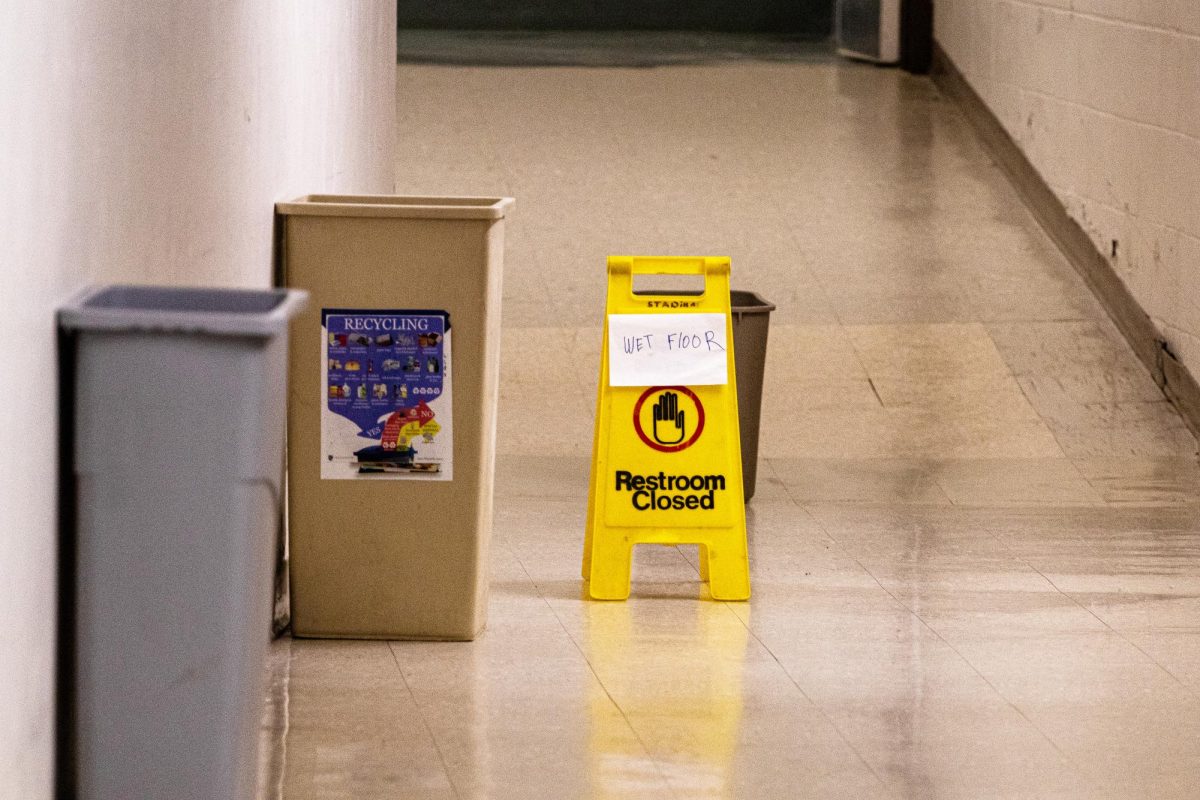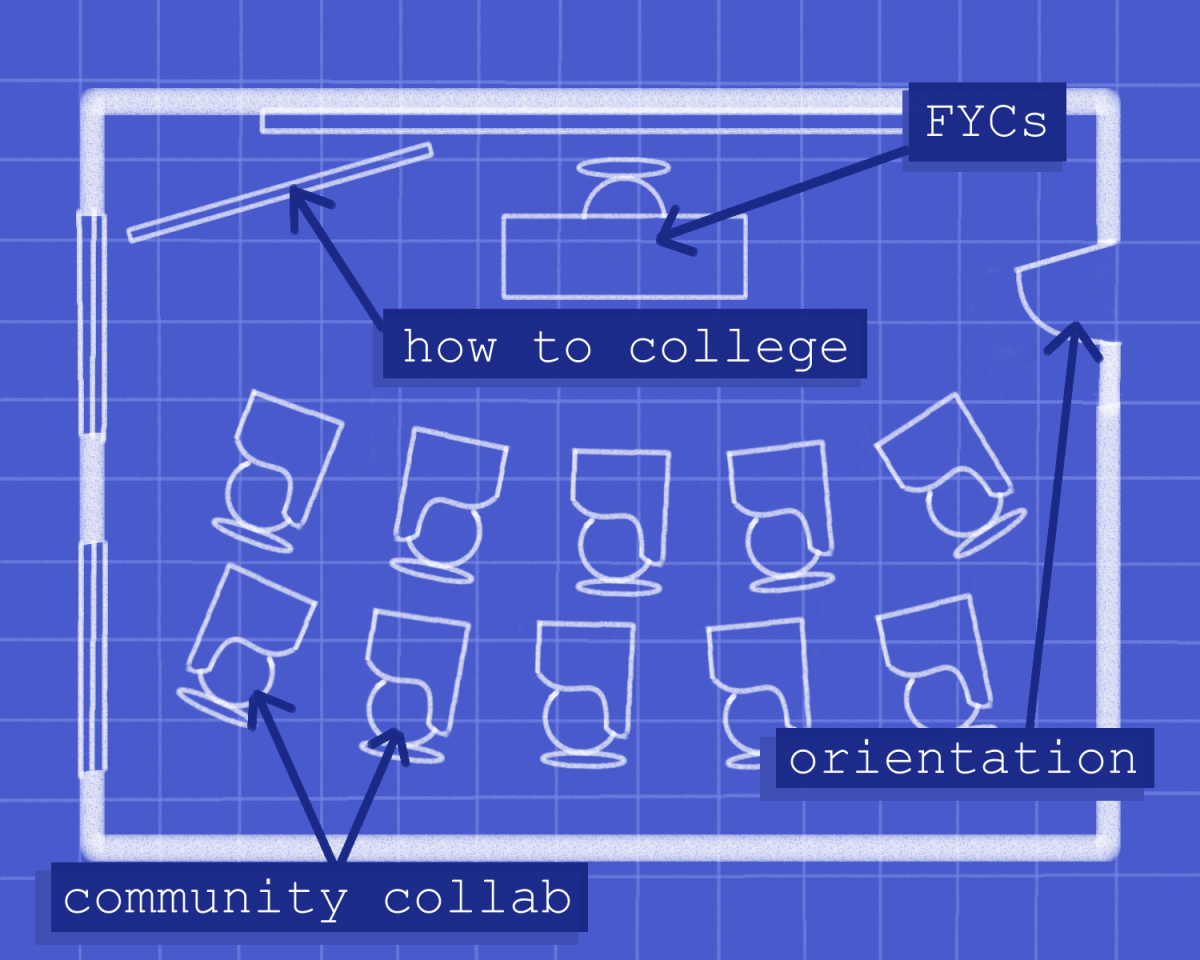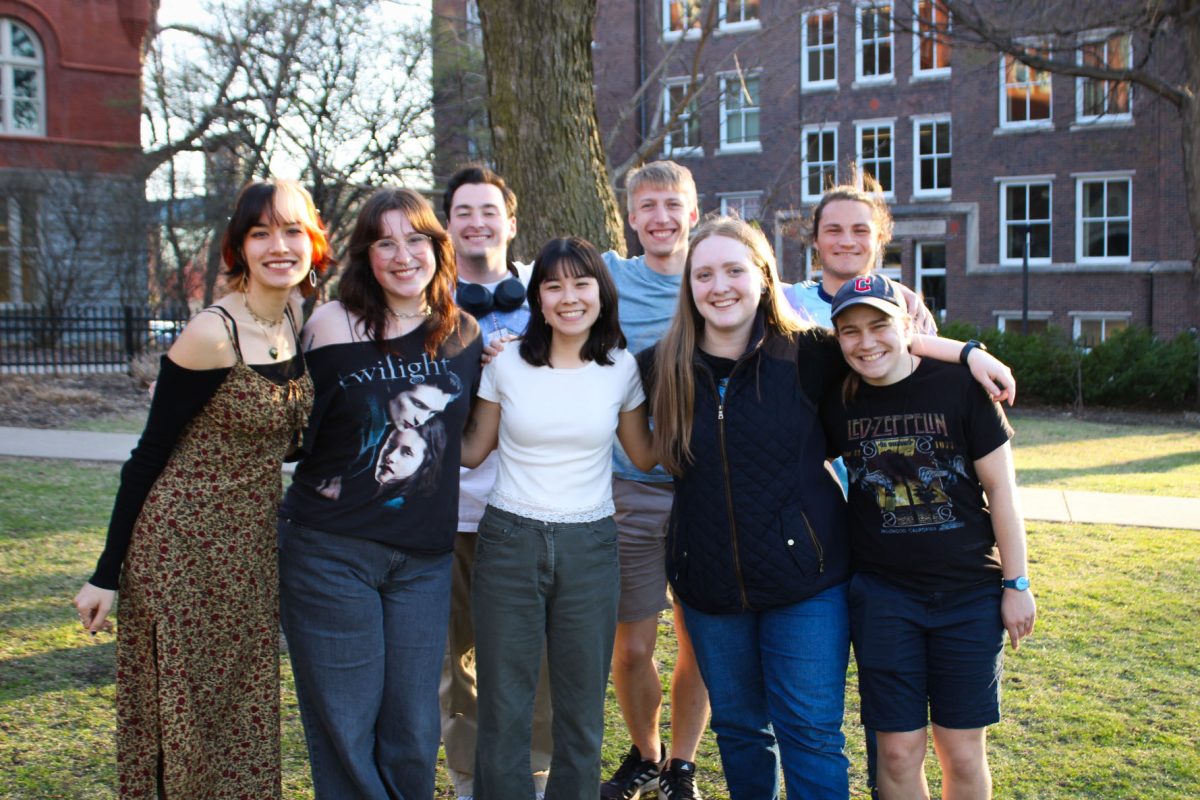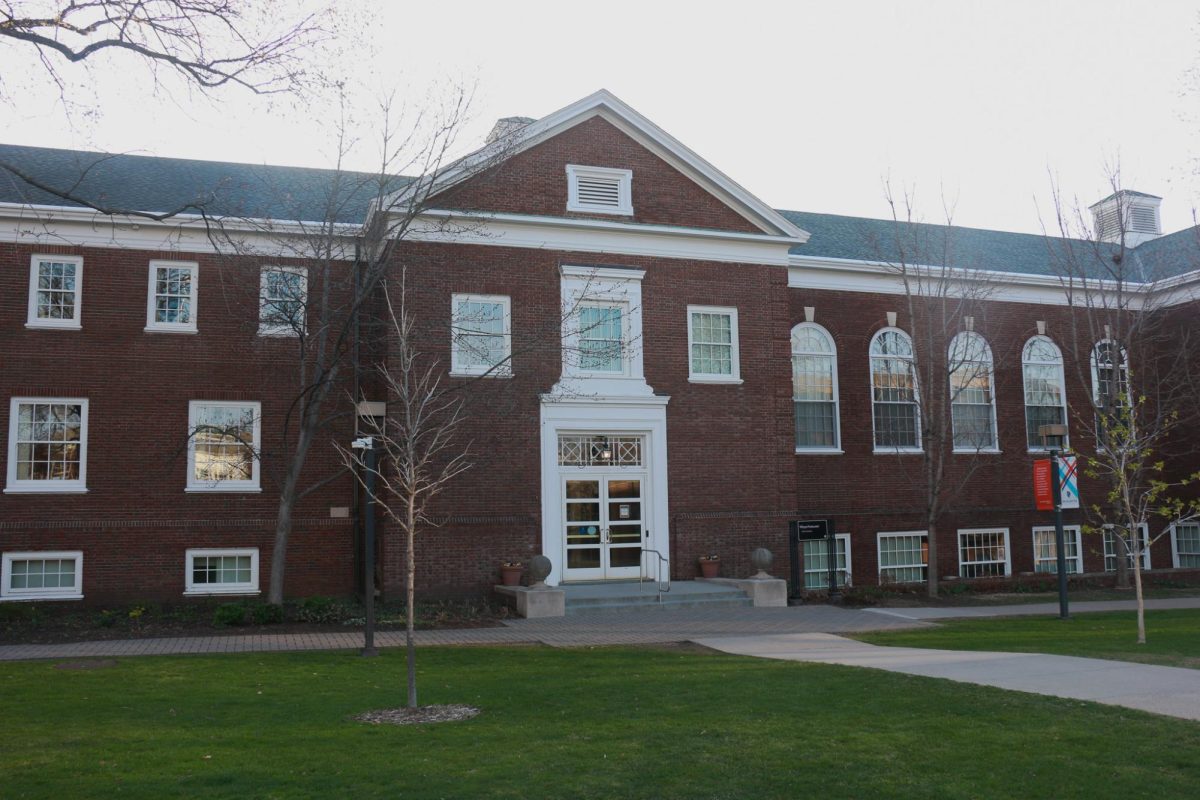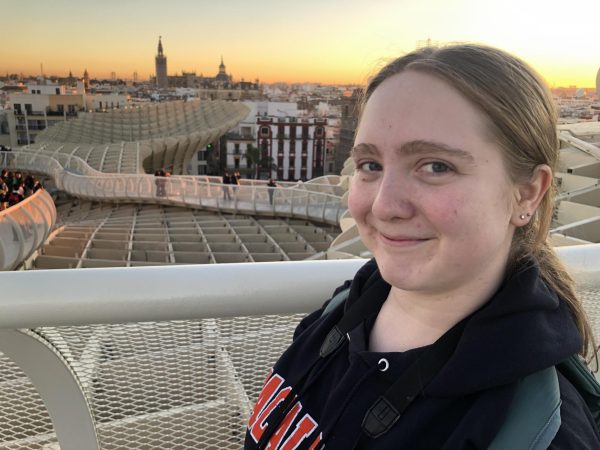On Feb. 16, Macalester welcomed an array of speakers to share their research in the field of disability studies in early modern societies as a part of the Uncommon Bodies Symposium.
Led by Penelope Geng, associate professor of English at Macalester, and Jennifer E. Row, associate professor of French at the University of Minnesota, Uncommon Bodies began as a project in 2019 to research how bodies were presented and discussed in early modern societies.
“It was, from the get go, an experiment in trying to work with somebody who’s not […] at Macalester — to do collaborative thinking, research and, to a somewhat limited extent, teaching as well,” Geng said. “[Row] and I are both really interested in representations of the body, and of embodiment, of corporality and fleshiness, so to speak. And I was thinking about it, alongside the history of emotions, and how we respond to another body […] in space.”
In the past, Uncommon Bodies has hosted a range of events from archive dives to reading groups. To honor five years since the collaboration began, they decided to host a two-day symposium between UMN and Macalester. Events occurred at both the University and at Mac, spread out over the course of Feb. 15-16. For support, the professors looked to their individual schools and found help from UMN’s Center for Pre-Modern Studies, as well as the Racial Justice Fund at Macalester.
“The Center for Premodern Studies, essentially, is a hub that enables creative programming around the subject of the premodern,” Geng said. “I applied for the Macalester Racial Justice Fund, and they gave … a lot of the funding for the Macalester day [of the symposium].”
On Thursday, the symposium kicked off bright and early at UMN’s campus with “Colonial Encounters, Slavery and Empire.” The second session held that day focused on “Disability, Diagnosis and Medicine.” Participants also engaged in an archive dive at UMN’s Wangensteen Library followed by a late afternoon visit to the Minneapolis Institute of Art (MIA).
“We agreed that […] we should diversify where our events would take place,” Geng said. “Sometimes we actually have our events at MIA, which is kind of a neutral civic space. That’s very intentional because we want to involve people who don’t feel any affiliation towards the University of Minnesota or Macalester: we want them to feel like they can go and hang out with us at MIA.”
On Friday, the symposium moved to Macalester’s campus and, in the Harmon Room, the first morning session featured analysis of Shakespeare. The session was entitled “Citizenship and (Un) belonging: Racial Formations and Disabling Encounters” and Professors Ari Friedlander, from the University of Mississippi, and Katherine Schaap Williams, from the University of Toronto, presented.
“The ‘and’ of race and disability in this wonderful symposium’s title is a gesture of symmetry, an invitation to think [about] the complexity of race-making and disability-making together,” Schaap Williams said in her presentation “Crip Citizenship on the Early Modern English Stage.”
The following session, under the banner of “Tokens and Reciprocities: Disability and Race in Transit,” with speakers Jonathan Hsy from George Washington University and Amrita Dhar, a professor from The Ohio State University, presenting on their work on racial and disability studies.
“We know these speakers personally, through our professional networks, through our scholarship,” Geng said, on the subject of finding speakers for the symposium. “Academia is kind of a small world. And when you’ve been in it for a long time […] you get to know people, and then people and friends connect you to their friends.”
Looking to the future of Uncommon Bodies, Geng has some ideas about where the project could go now that they’ve hit this milestone of five years.
“[Row] and I hope to collaboratively edit a volume and produce a book, a book that includes the papers that we heard, but also some work by other scholars who are working on topics related to race and disability in the pre-modern,” she said. “We really, really want to find a press that will make this volume open access — […] that’s the whole point.”
While nothing is set in stone yet, bringing in new perspectives and knowledge is one of many possible next steps that Geng is looking at for Uncommon Bodies.
“I also want to possibly give other people a chance to take some steps in leading Uncommon Bodies,” Geng said. “We’ve built a really good community and infrastructure. I can imagine perhaps inviting somebody else in to help with, for example, a reading group or an archive dive.”
Coming out of the symposium, Geng wanted to bring the experience of being at an R1 school, a doctoral university with very high research activity, in terms of scholarship opportunities while still attending Macalester.
“I really want our students to be able to experience a little bit of what it’s like to be a student at an R1,” she said. “Students can have access to this cutting edge research without having to fly to a conference or to transfer to another school.”

